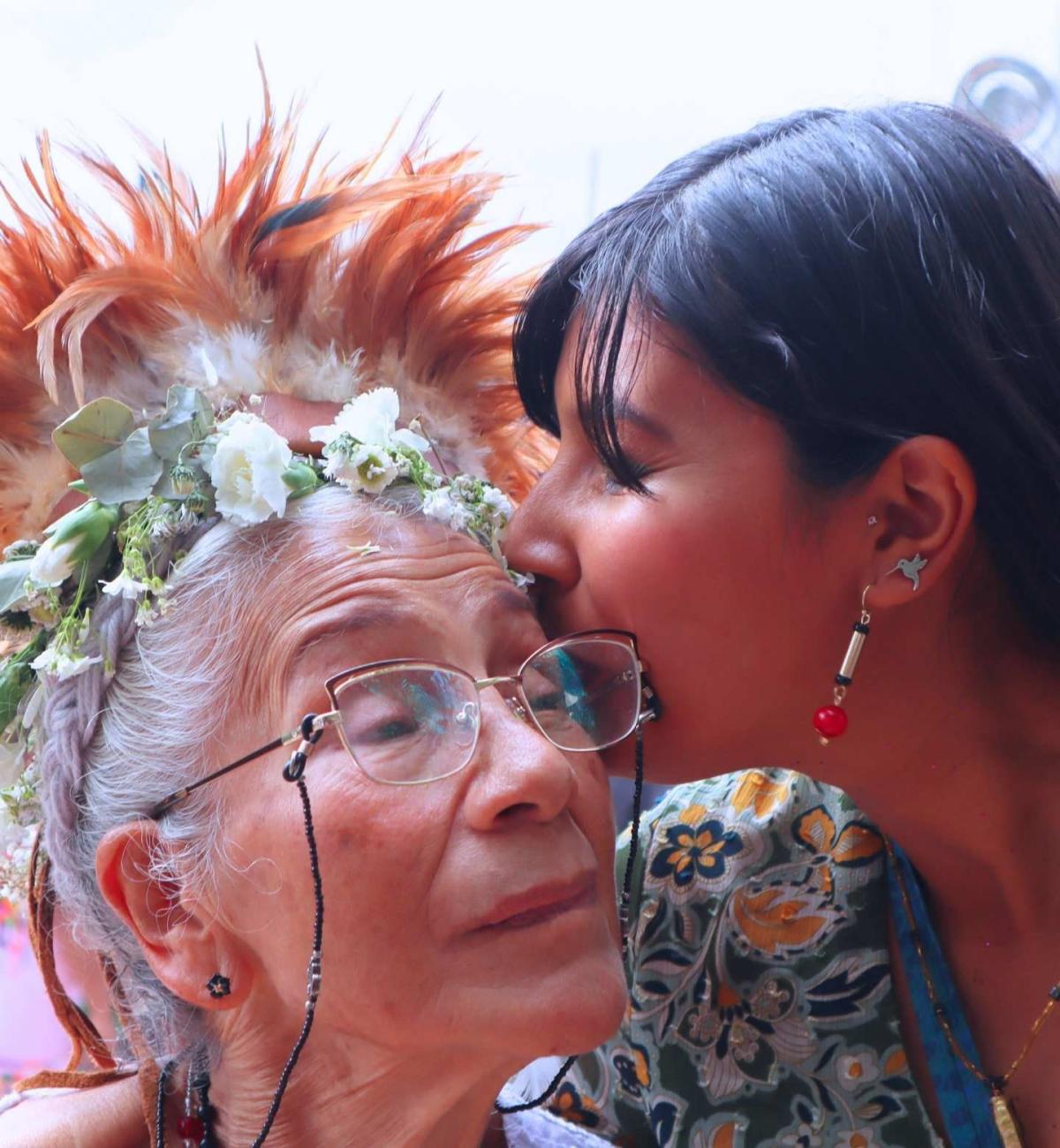
UCSF has been honored as a “Top Producing Institution for Fulbright U.S. Students” by the U.S. State Department for the 2023-2024 academic year.
The designation — one of several times UCSF has made the prestigious list — was announced on Tuesday by the Bureau of Educational and Cultural Affairs and recognized in a letter from U.S. Secretary of State Antony Blinken to UCSF Chancellor Sam Hawgood.
“This achievement is a testament to your institution’s deep commitment to international exchange and to building lasting connections between the people of the United States and the people of other countries,” Blinken said.
The University has been named a “Top Producing Institution for Fulbright U.S. Students” in seven of the previous 13 years among special-focus four-year institutions.
“The consistency of this honor means that our students are doing important work on a global scale that matters to people on the ground in those countries,” said Holly Nigorizawa, UCSF Fulbright U.S. Student Program advisor and UCSF Career Advancement, International and Postdoctoral Services international programs director. “Getting the recognition validates the work with global impact we’re doing at UCSF.”
‘It's just a huge privilege’
This year’s UCSF Fulbright scholar is Giselle Pérez-Aguilar, a fourth-year PhD student raised in the Boyle Heights neighborhood of Los Angeles. She's in the Sociology Doctoral Program in UCSF School of Nursing’s Department of Social and Behavioral Sciences.
As part of the Fulbright program, Pérez-Aguilar is currently in Oaxaca and Chiapas, Mexico working on her dissertation in data collection through the IndigiTrauma Healing study. This project explores how Indigenous-rooted traditional healing practices support undocumented migrants in overcoming feelings of health unworthiness developed through past trauma.
“In terms of ‘health unworthiness,’ I would say it’s an internal sense of not being worthy of wellness and good health, which impacts not only how we take care of ourselves but also whether we access health services, advocate for ourselves during health care decisions, and take up space in health care spaces,” she said.
Pérez-Aguilar, whose parents both immigrated from southern Mexico to the U.S. before she was born, first got the idea for the project last year when she was working with patients trying to overcome intergenerational trauma in San Francisco’s Mission District.
“I noticed the Western approaches were limited,” she said. “They were helpful, but there were some things that were missing. I was working in a space where I could incorporate some traditional healing approaches. When I began to do so, I saw the impact it had on those patients.”
Read the complete story on the UCSF news website.
